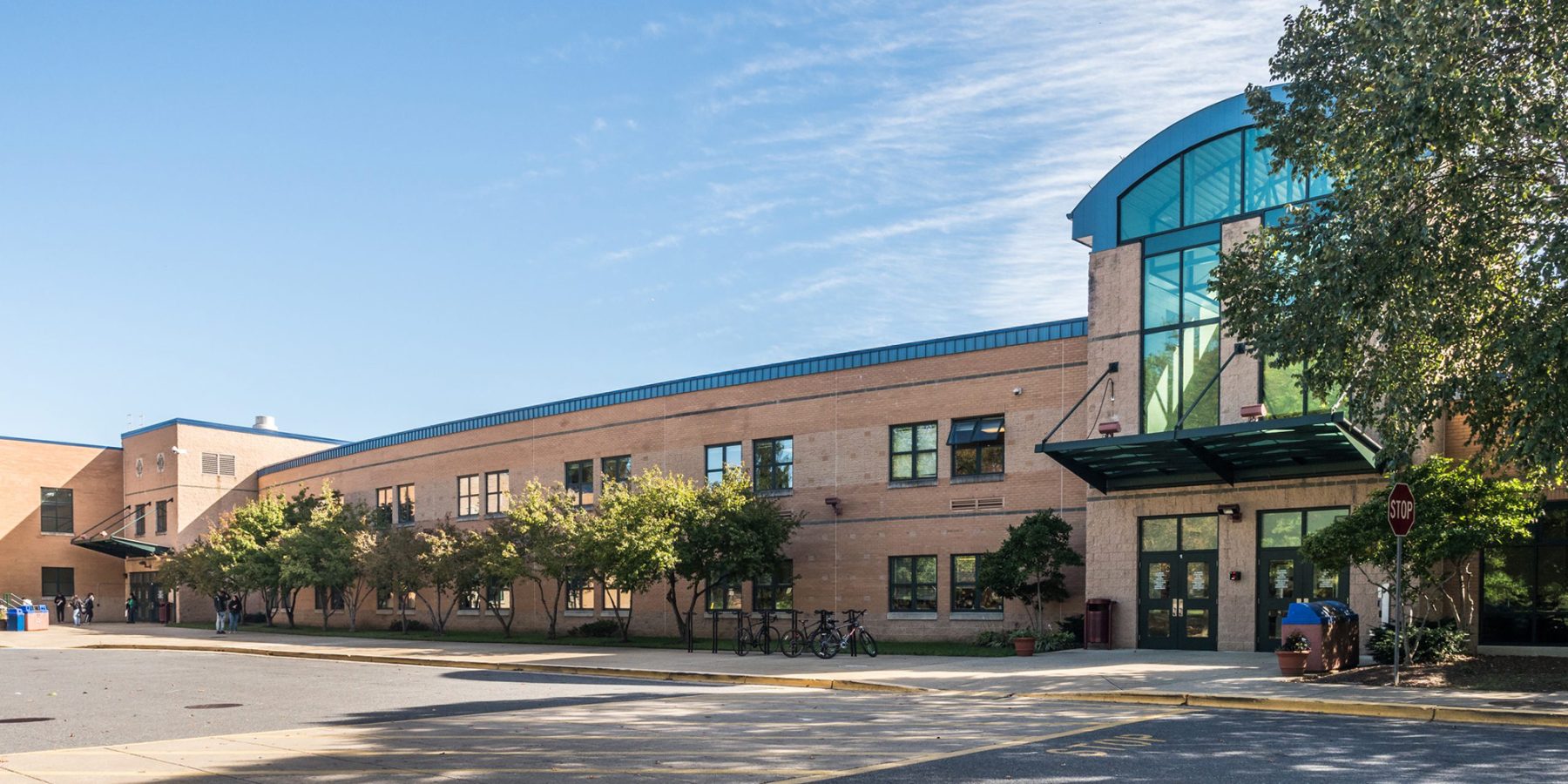
Community members invited to sign up to testify on update to the policy that determines adequacy of public facilities for development in Montgomery County
Wheaton, Md. – The Montgomery County Planning Board, part of The Maryland-National Capital Park and Planning Commission (M-NCPPC), scheduled a public hearing on the 2024-2028 update to the Growth and Infrastructure Policy (GIP) for Thursday, May 23 at 6 p.m. in the Second Floor Auditorium of The M-NCPPC’s Wheaton Headquarters at 2425 Reedie Drive, Wheaton, MD, 20902.
Community members are encouraged to sign up to testify live at the public hearing either in-person or online via Microsoft Teams. Written comments can also be shared with the Planning Board via email by noon on May 22. Written comments must reference the hearing date, the item, and a mailing address. Planning Board members set the public hearing date after a briefing today by Planning staff on the draft policy recommendations. Read the GIP Working Draft.
“The GIP ensures infrastructure, such as roads, sidewalks, and schools, is adequate to support growth and that the tools used for evaluating and mitigating the impact of new development on essential public facilities reflect the county’s latest growth context and policy priorities,” said David Anspacher, Montgomery Planning Acting Countywide Planning and Policy Division Chief. “A key focus of the 2024-2028 GIP is aligning it with other county goals, including economic competitiveness, racial equity and social justice, environmental resilience, transportation safety, and overall good governance.”
Focus of the 2024-2028 GIP update
The GIP is vital to advancing the goals established in Thrive Montgomery 2050, the recently approved and adopted General Plan for Montgomery County. As part of the 2024-2028 GIP update, Planning staff has focused on:
- Examining policy outcomes to ensure that the existing tools are equitable, fair, and effective.
- Analyzing the county’s current growth trends.
- Evaluating implementation guidelines, such as the Local Area Transportation (LATR) Guidelines and Annual School Test Guidelines.
- Reviewing development impact taxes.
Policy Resources
- Watch the May 9 Planning Board presentation of the Working Draft.
- Download the GIP Update Guide.
- Visit the Growth and Infrastructure Policy webpage. The Resources section includes recordings of community engagement and prior GIP presentations to the Planning Board.
- Community members are encouraged to remain updated and informed by signing up for the GIP eletter.
Next steps
- Thursday, May 23, 2024 – Planning Board Public Hearing
- Thursday, May 30, 2024 – Planning Board Work Session #1 on Public Hearing Draft (Schools)
- Thursday, June 6, 2024 – Planning Board Work Session #2 on Public Hearing Draft (Transportation)
- Thursday, June 13, 2024 – Planning Board Work Session #3 on Public Hearing Draft (Transportation Continued, Impact Taxes)
- Thursday, June 20, 2024 – Planning Board Work Session #4 on Public Hearing Draft (Impact Taxes Continued)
- Thursday, June 27, 2024 – Planning Board Work Session #5 on Public Hearing Draft (Track Changes)
- Thursday, July 25, 2024 – Planning Board approval of Planning Board Draft and Resolution
The Planning Board must transmit the draft 2024-2028 GIP to the Montgomery County Council by August 1, 2024, so the Council’s public review and approval process can begin. The County Council will adopt an updated policy by November 15, 2024.
More About the Growth and Infrastructure Policy
The Growth and Infrastructure Policy ensures infrastructure is adequate to support growth. It includes criteria and guidance for the administration of Montgomery County’s Adequate Public Facility Ordinance (APFO), which matches the timing of private development with the availability of public infrastructure. Every four years, an effort to update the Growth and Infrastructure Policy originates with the Montgomery County Planning Department, also part of The M-NCPPC, before working its way through the Planning Board and the Montgomery County Council for final approval. The purpose is to ensure that the best available tools are used to test whether infrastructure like schools, transportation, water, and sewer services can support future growth. View the 2020-2024 Growth and Infrastructure Policy.